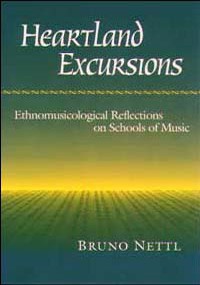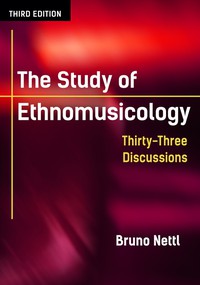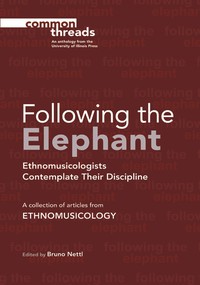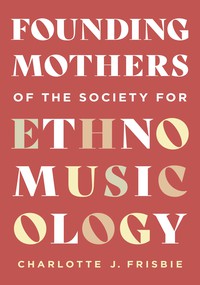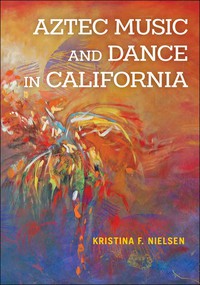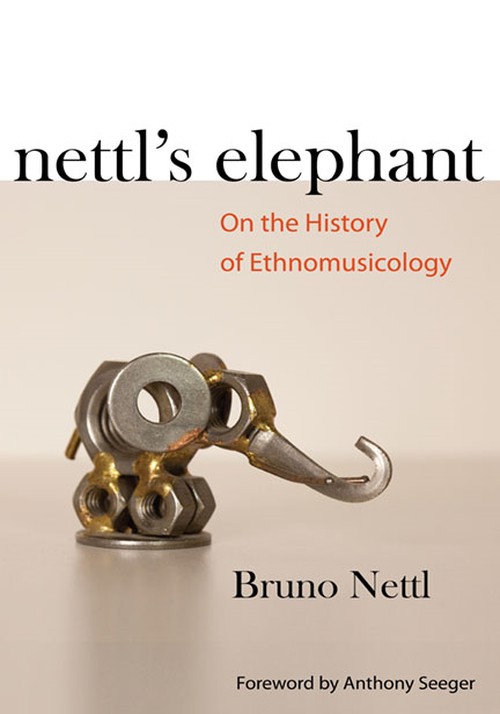
Nettl's Elephant
Cloth: 09/06/2010
About the Book
From one of the most lauded scholars in ethnomusicology comes this enlightening and highly personal narrative on the evolution and current state of the field of ethnomusicology. Surveying the field he helped establish, Bruno Nettl investigates how concepts such as evolution, geography, and history serve as catalysts for advancing ethnomusicological methods and perspectives.This entertaining collection covers Nettl's scholarly interests ranging from Native American to Mediterranean to Middle Eastern contexts while laying out the pivotal moments of the field and conversations with the giants of its past. Nettl moves from reflections on the history of ethnomusicology to evaluations of the principal organizations in the field, interspersing those broader discussions with shorter essays focusing on neglected literature and personal experiences.
Reviews
"The last living member of American ethnomusicology's pantheon of founding fathers, Nettl has written yet another classic. . . . Essential."--Choice"An engaging collection that reflects on the subject of ethnomusicology as well as on the man."--Anthropology Review Database
"Light and entertaining, moving and head-noddingly simple without sacrificing the complexity of its implications. . . . Classic Bruno Nettl."--Journal of Folklore Research
Blurbs
"A brilliant collection by a renowned author who has for decades shaped thinking in the field on which he reflects in these essays. . . . No other author could write with such authority and personal experience about ethnomusicology."--from the foreword by Anthony Seeger, author of Why Suyá Sing: A Musical Anthropology of an Amazonian People
"This compelling new collection of essays by Bruno Nettl, the master chronicler of the discipline of ethnomusicology, should be regarded as essential reading for ethnomusicologists of all stripes, from neophyte graduate students to senior scholars. Erudite yet accessible, always insightful, beautifully written, and laced with Nettl's signature touches of wit and humor, it represents an important addition to the historiography of our field by the scholar who knows it best."--Michael Bakan, author of World Music: Traditions and Transformations
